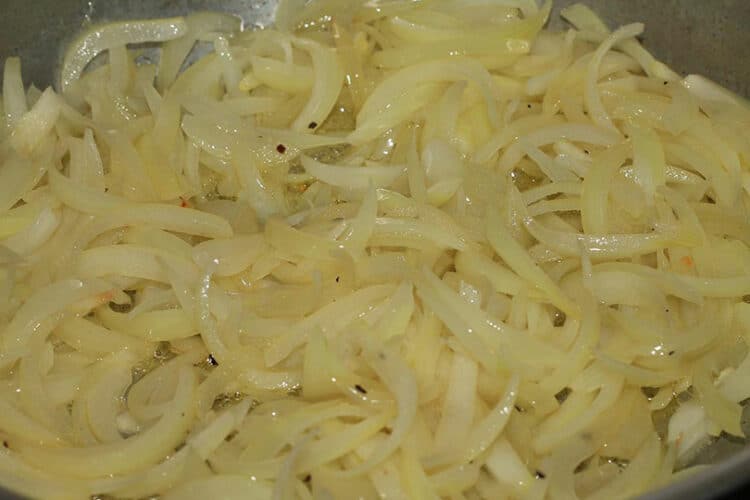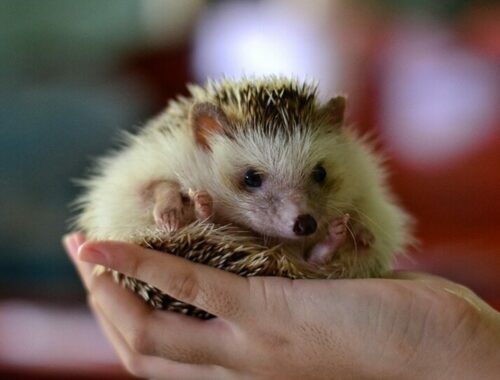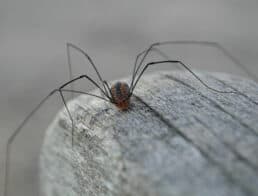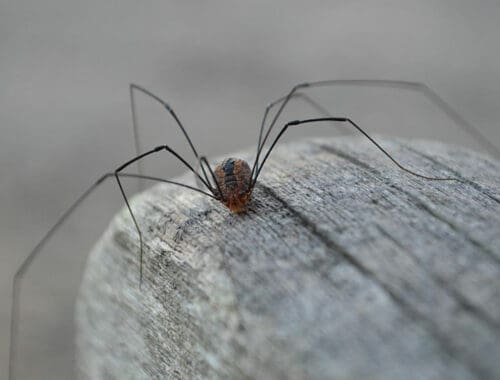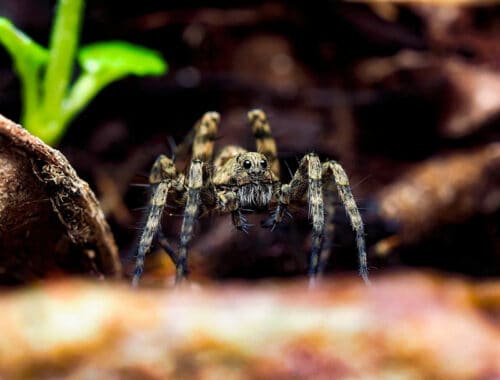Onions are a staple in most households and have their place in many delicious recipes. They are typically included with meals that are meaty and mouth-watering for not only us but our dogs too. Sometimes our beloved pooches will set aside their manners and dive right into our food.
It’s important to know that onions, whether raw or cooked are highly toxic to dogs and ingestion is potentially life-threatening. If your dog has just eaten an onion, it’s best to contact your veterinarian right away for further guidance. Below we’ll discuss onion toxicity and all you need to know if your dog has eaten one.
Onion Toxicity
Onions and all members of the Allium family of plants, including garlic, chives, and leeks are highly toxic to dogs and are the most reported source of toxicity. These vegetables contain a compound known as N-propyl disulfide which causes a breakdown in the red blood cells.
N-propyl disulfide breaks down the red blood cells by causing damage to the oxygen-carrying substance within the cells, causing them to rupture, a condition known as hemolysis. This can lead to anemia, which in severe cases can lead to organ damage, organ failure, and death.
Toxicity from onions can occur whether the onion is raw, cooked, fried, or even in powdered form. All parts of the onion plant are toxic, including the leaves, juice, and the flesh of the vegetable.
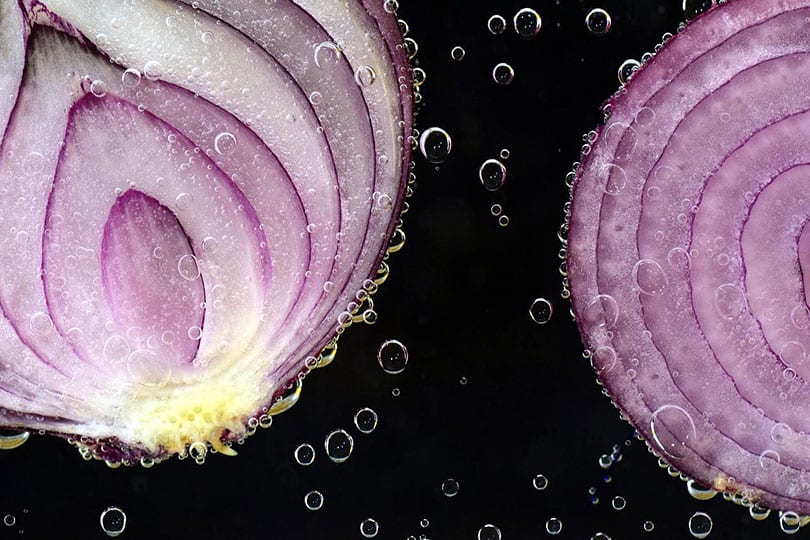
How Much Onion is Dangerously Toxic?
Onion toxicity has been consistently observed in dogs that have ingested more than 0.5 percent of their overall body weight. Clinically significant toxicity has taken place with as little as 15 to 30 grams of onion per one kilogram of the dog’s body weight.
Cooking the onion does not affect the toxicity, either. Onions and other vegetables in the Allium family can also result in anemia if they are eaten in smaller amounts over an extended period.
Symptoms of Onion Toxicity
If your dog may have eaten onions, there are a few symptoms of toxicity to watch for. The symptoms can vary depending on how much was consumed and the severity of the toxicity. If the dog experiences any of the following symptoms, reach out to your veterinarian immediately:
- Lethargy
- Weakness
- Decreased appetite
- Pale gums
- Vomiting
- Panting
- Excessive salivation
- Lack of coordination
- Red or brown-colored urine
- Elevated heart rate
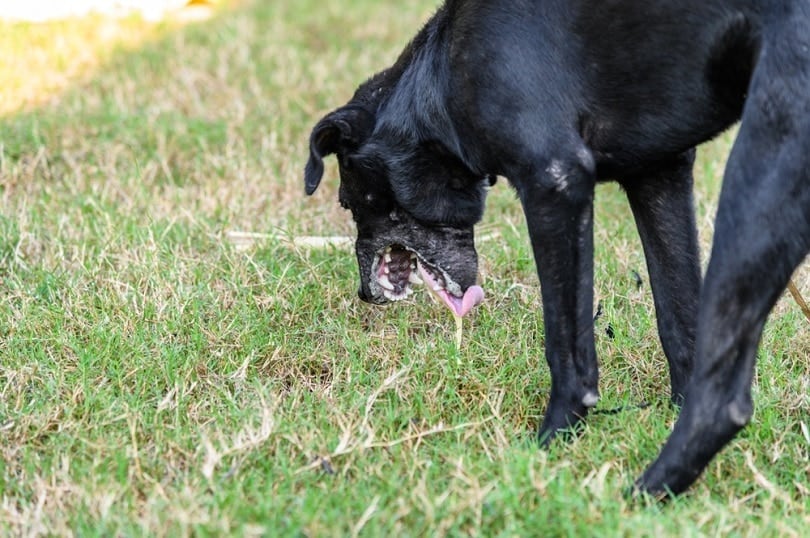
What You Should Do If Your Dog Eats Onion
Realizing your dog has just eaten a toxic food or substance is terrifying. It is important not to panic but act quickly to ensure the best possible outcome.
1. Get Any Remaining Onion Out of Reach
Whether your dog snuck food off a plate, got into the trash, or jumped up on the counter and gained access to an onion, you need to stop them from eating any more by removing and disposing of any remaining onion. The more that is consumed, the higher the chance of dangerous toxicity.
2. Figure Out How Much Was Consumed
Once you’ve got any leftover onion out of your dog’s reach, it’s time to figure out how much they’ve eaten. You may have to ballpark it depending on what they’ve gotten into. Knowing how much has been consumed will help the veterinarian determine the level of toxicity considering your dog’s weight and come up with the proper treatment plan moving forward.
3. Call Your Veterinarian or Animal Emergency Clinic
If your dog has eaten any amount of onion, the best plan of action is to call your veterinarian or animal emergency clinic if your veterinarian is unavailable. They will go over the situation with you and give you the best advice on how to move forward in your unique situation.
Make sure to follow their instructions carefully. If your dog has not eaten enough onion to be considered a toxic dose, they may suggest monitoring at home and reaching out if any symptoms develop. If they recommend bringing your dog in for evaluation, the sooner you get them in, the better the prognosis. Do not attempt treating onion toxicity at home and do not delay reaching out for help, as this is a potentially life-threatening situation for your dog.
Conclusion
Regardless of whether an onion is raw or cooked, this vegetable is highly toxic to dogs. Consumption of any part of the onion is potentially life-threatening. If your dog has eaten onion, make sure you remove any that has been left uneaten, assess how much they’ve consumed, and then contact your veterinarian as soon as possible.
The best way to prevent onion toxicity is to keep any human food items secure and out of reach of any pets. When you dispose of leftovers, either make sure you have a locking lid on your trash can or better yet, take it immediately out to the dumpster.
Featured Image Credit: Pixabay
